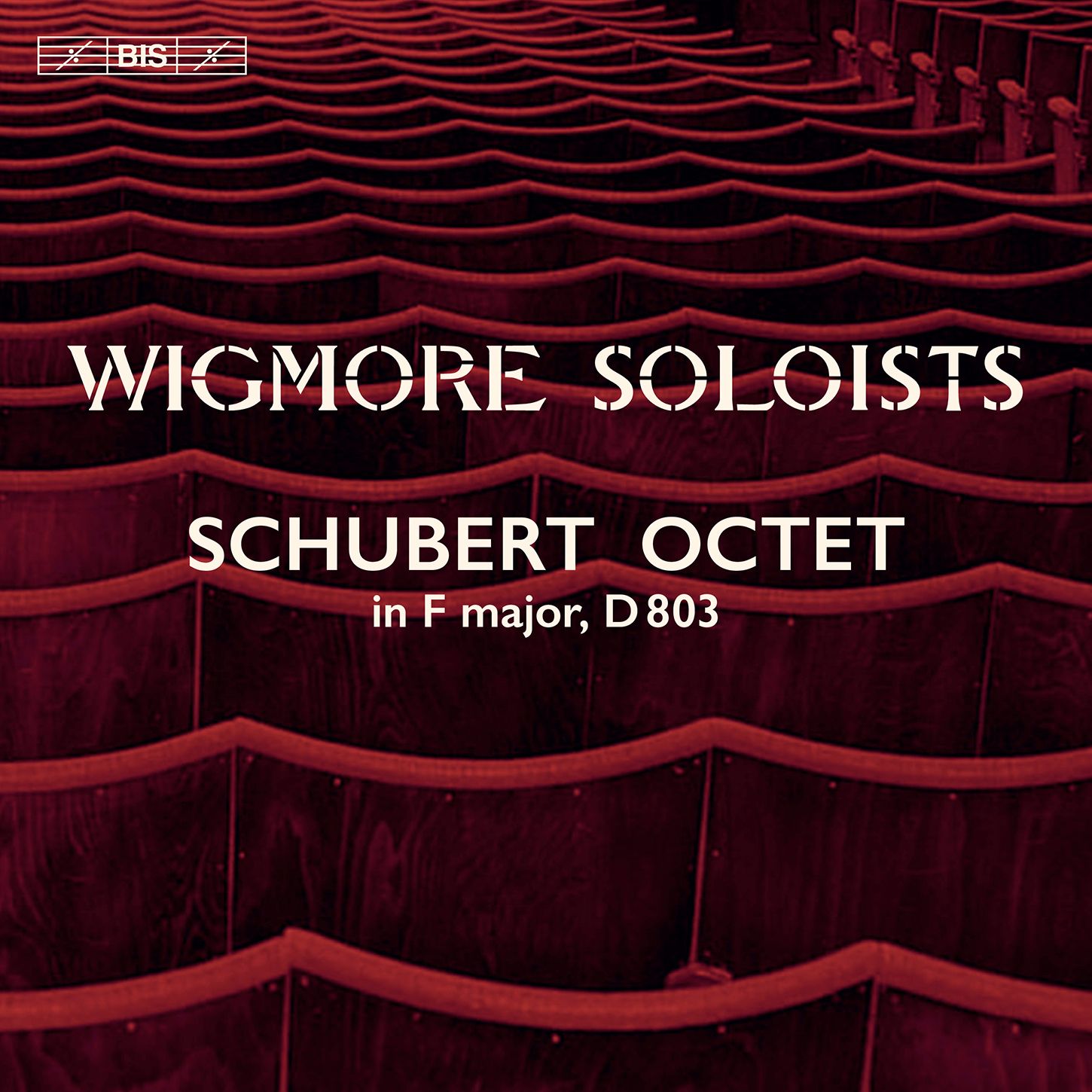Schubert from London's premiere chamber music venue

Chamber music is what the Wigmroe Hall has done since its inception: as a venue it is close to London concert goers' hearts, its acoustic legendary its beauty unsurpassed.
Lovely to see an ensemble that carries its name, the Wigmore Soloists; and to hear Schubert's wonderful Octet recorded in that luscious Wigmore acoustic. Led by Isabelle van Keulen and Michael Collins, the Wigmore Soloists is an associate ensemble of the iconic London concert venue, and is the first one to be given the honor of using the name.
Modelled his Octet in F major, D803, on Beethoven’s Septet, Schubert's Octet takes Beethoven’s instrumentation and adds a second violin) as well as his overall formal schema of six movements. The Octet is however a much longer work, perhaps a consequence of Schubert wanting to ‘pave the way towards a grand symphony’ by writing it. Dating from 1824
Just listen to the exquisite blending of the instrumentsin the first movement introduction, and the buoyancy thereafter (and how Michael Collins' clarinet leads so brilliantly in the initial stages of the Allegro):
The whole performance is beautifully considdered, the epitome of gentilité, superbly scaled, and intensely lyric at heart but underpinned by a bright enthusiasm that shines in that first movement. The second movement Adagio is a beautiful, lyrical outbreath. What's notable here is how the various soloists deliver their lines as if they are vocal. Schubert's life as a Lied composer is at the very heart of this:
The sheer buoyancy of the Allegro vivace is infectious here.. It is followed by a set of variations on a theme froma love duet in Schubert's singspiel The Friends from Salamanca. The tune is carefree, gentle, and Schubert's variations are masterly:
For the Octet's final two movements, Schubert opts for maximal contrast, something this new performacen maximises. here's the gentle Menuetto, the penultimate movement, the epitome of serenade writing:
Suddenly, Schubert moves into symphonic mode with the tremolos of the opening of the finale, and how the Wigmore Soloists reflect this new drama in their performance (and listen to the sheer sense of joy later on):
... and as a complementary version, let's go back intime to a Golden Era for a full performance from 1958 with the Vienna Octet: players include the great Willi Biskovsky on first violin:
The Wigmore Soloists will be live from the Wigmore Hall on December 22, 2021, streamed via YouTube here and free to watch (donations encouraged) in a programme of Howard Ferguson, Arthur Bliss and Brahms.
